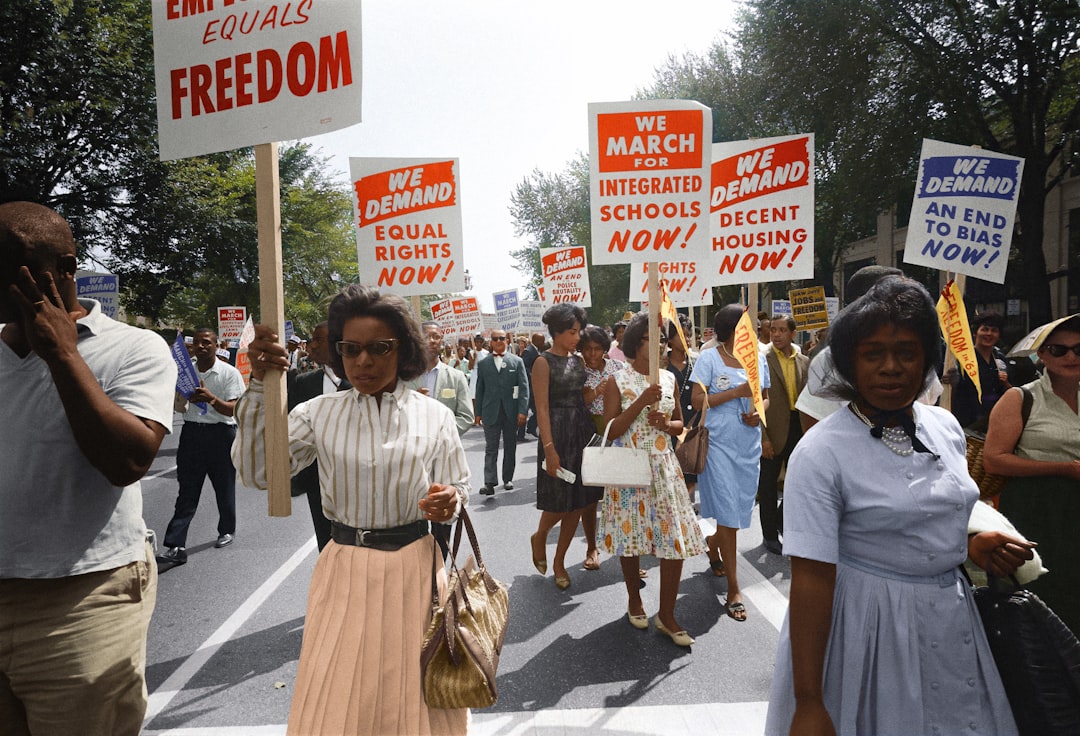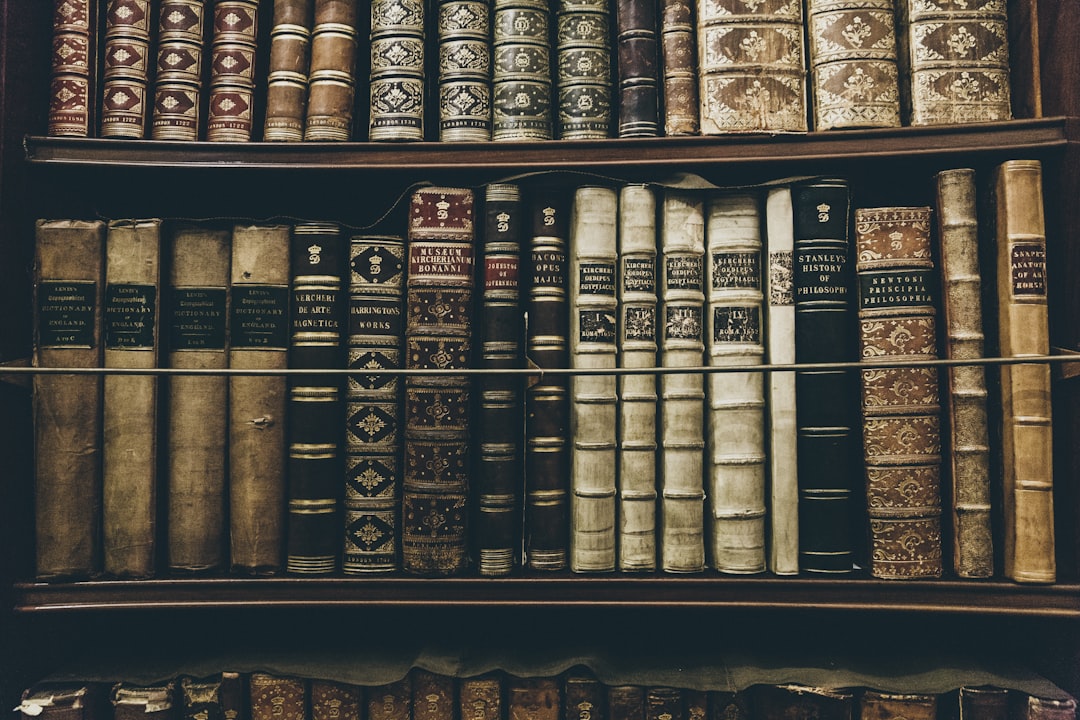Why We Should Study History: More Than Just Dates and Dead People
I was contemplating, as I usually do, time and history. People, places, events, thoughts of the past, and things yet to come. I was thinking about these things as I cleaned a room and found my grad school notebooks. I pulled out my notes and reading assignments from my first class on historical research methods. I found an article called "Why Study History?" by Peter N. Stearns and felt the need to explore and share this with you. This also begins a series of blogs on history and historiography – the writing of history, I hope to start.
History often evokes images of dusty textbooks, long lectures, and a series of dates and names to commit to memory. But is that all to history? Far from it, delving into the past is not just understanding events that happened long ago, but also understanding ourselves, our societies, and the present world we are living in. What Stearns has written about why history should be studied appeals to me.
History Offers Perspective on the Present
We live in the present, plan for the future, and often forget the past. But understanding the past is crucial to making sense of the present. For Stearns, history provides a "storehouse of information about how people and societies behave." We gain insights into societal behaviors, political dynamics, and personal choices by studying historical events, patterns, and decisions. History is a mirror in which we reflect on the deeds and consequences of former times to learn from and adapt accordingly.
History As a Moral Quest
History abounds in tales of victories, defeats, wars, peace, revolutions, and evolution. Each level carries moral lessons with it. By studying the choices made by individuals and societies, we can test our moral compass. We learn from those who stood up against oppression, understand the importance of peace from the devastations of war, and appreciate the value of unity from tales of divided societies. History is not just about what happened; it's about understanding the choices that led to those events and the lessons they impart.

History Shapes Our Identity
Every individual, community, and nation has a history. History forms the basis of identities, values, and beliefs. Stearns writes that history "helps provide identity." By knowing where we are coming from, what our ancestors have been through, and the milestones they have achieved, we find belonging and purpose in life; our past is the foundation upon which our present and future aspirations stand.

History is Beautiful
History is the sum of human stories, emotions, decisions, and discoveries beyond facts and dates. It is about people who dared to dream, societies that evolved, cultures that merged, and ideas revolutionizing the world. As Stearns says, the "pastness of the past" carries a beauty and excitement all its own. It is a testament to humankind's resilience, innovation, and that eternal quest for knowledge.
History Equips Us for the Future
One of the most pragmatic reasons to study history is that it gives contemporary events their contextual backing and also lets us know what to expect in the future. Knowing past events' causes and effects helps us make informed decisions. History imparts a critical-thinking brain to analyze complex situations and recognize patterns. These are tools in an increasingly interconnected and complex world.
History is not a subject but a conversation with the past- a dialogue that gives us insight into who we are, where we come from, and possibly where we might be going. History is "the laboratory of human experience." The next time some historical fact, event, or figure comes to your attention, remember you're not just learning about the past; you're connecting to it and learning lessons from it that are applied to Scriptural principles that improve the future.
The upcoming posts will cover historiography and, more specifically, Greek historiography..



